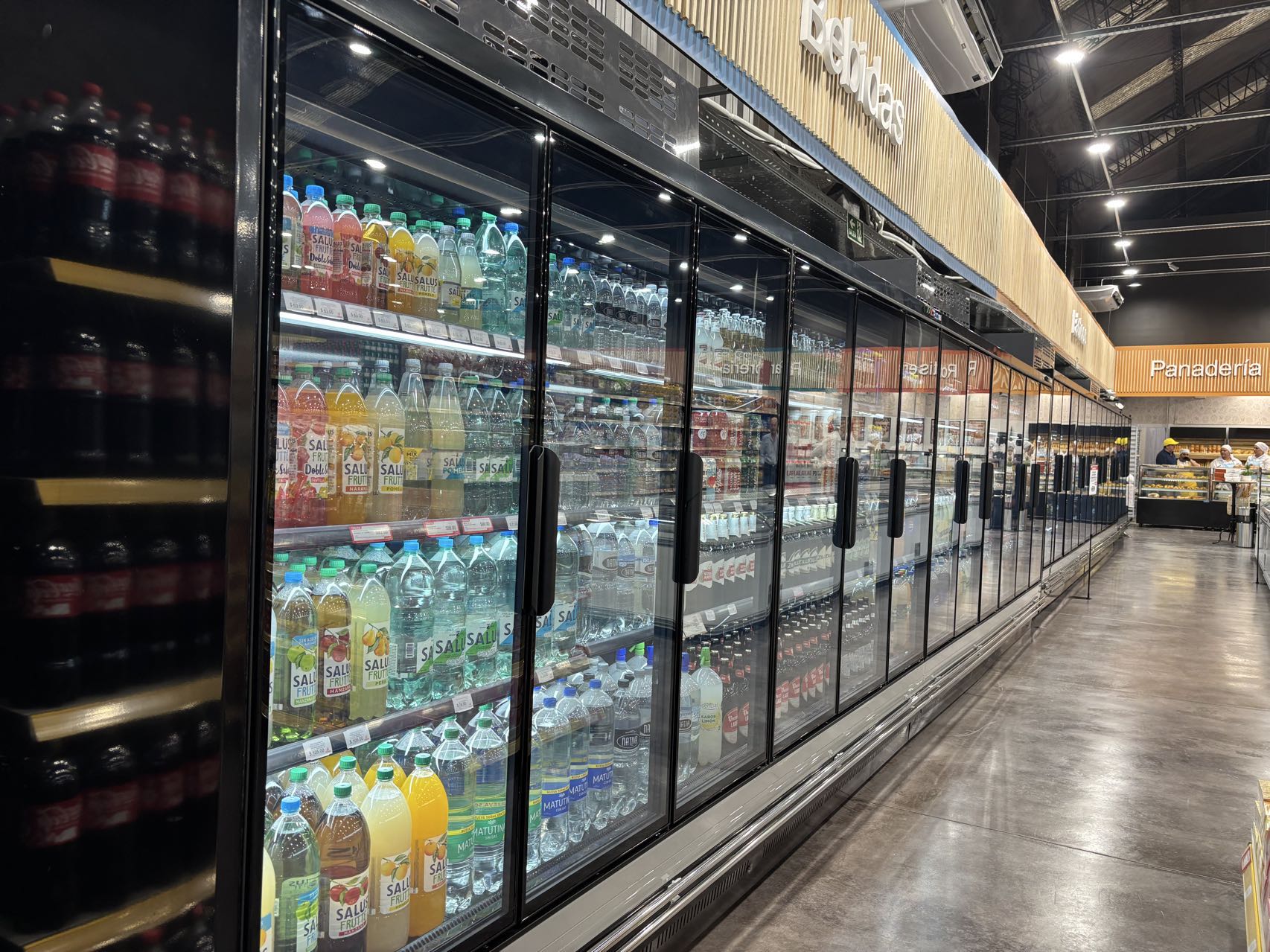In today’s global supply chain, maintaining product freshness and quality is critical for industries such as food processing, pharmaceuticals, and logistics. A freezer is more than just a storage unit—it’s a vital piece of equipment that ensures temperature stability, energy efficiency, and long-term reliability.
The Role of Freezers in Industrial and Commercial Settings
Modern industrial freezers play an essential role in cold chain management. They maintain precise temperature control to prevent spoilage, extend shelf life, and meet international safety standards. Whether used in supermarkets, restaurants, laboratories, or warehouses, freezers support efficient storage and distribution operations.
Key Advantages of Industrial Freezers
-
Precise Temperature Control – Maintains consistent cooling to protect sensitive products.
-
Energy Efficiency – Advanced compressors and insulation minimize power consumption.
-
Large Storage Capacity – Designed to accommodate bulk goods for B2B operations.
-
Durable Construction – Built with corrosion-resistant materials for long-term use.
-
User-Friendly Operation – Equipped with intuitive temperature displays and safety alarms.
Types of Freezers for Business Applications
-
Chest Freezers – Ideal for supermarkets, warehouses, and catering services.
-
Upright Freezers – Suitable for space-efficient storage and easy access to goods.
-
Blast Freezers – Used in food production to rapidly freeze products, preserving freshness.
-
Display Freezers – Commonly used in retail for showcasing frozen foods.
Each type of freezer offers specific advantages depending on your business requirements, product volume, and available space.
Applications Across Industries
-
Food & Beverage: Preserves raw ingredients, meat, seafood, and frozen meals.
-
Pharmaceutical & Healthcare: Stores vaccines, medicines, and biological samples under precise conditions.
-
Retail & Supermarkets: Maintains frozen products for extended periods while ensuring visual appeal.
-
Logistics & Warehousing: Ensures cold chain integrity during storage and transport.
Conclusion
A freezer is not just an appliance—it’s an investment in quality, efficiency, and reliability. For B2B operations, choosing the right industrial freezer helps ensure consistent product integrity, lower energy costs, and smoother logistics. With ongoing innovations in refrigeration technology, businesses can now achieve higher performance and sustainability in cold storage solutions.
FAQ: Industrial Freezers for B2B Use
1. What temperature range should a commercial freezer maintain?
Most industrial freezers operate between -18°C and -25°C, suitable for preserving food and pharmaceuticals.
2. How can I reduce energy consumption in my freezer system?
Opt for models with inverter compressors, LED lighting, and eco-friendly refrigerants to cut energy usage.
3. What is the difference between a chest freezer and an upright freezer?
A chest freezer offers larger storage capacity and better energy retention, while an upright freezer provides easier organization and access.
4. Can freezers be customized for specific industries?
Yes, manufacturers provide custom sizes, materials, and temperature configurations to meet the unique demands of each business sector
Post time: Oct-30-2025





